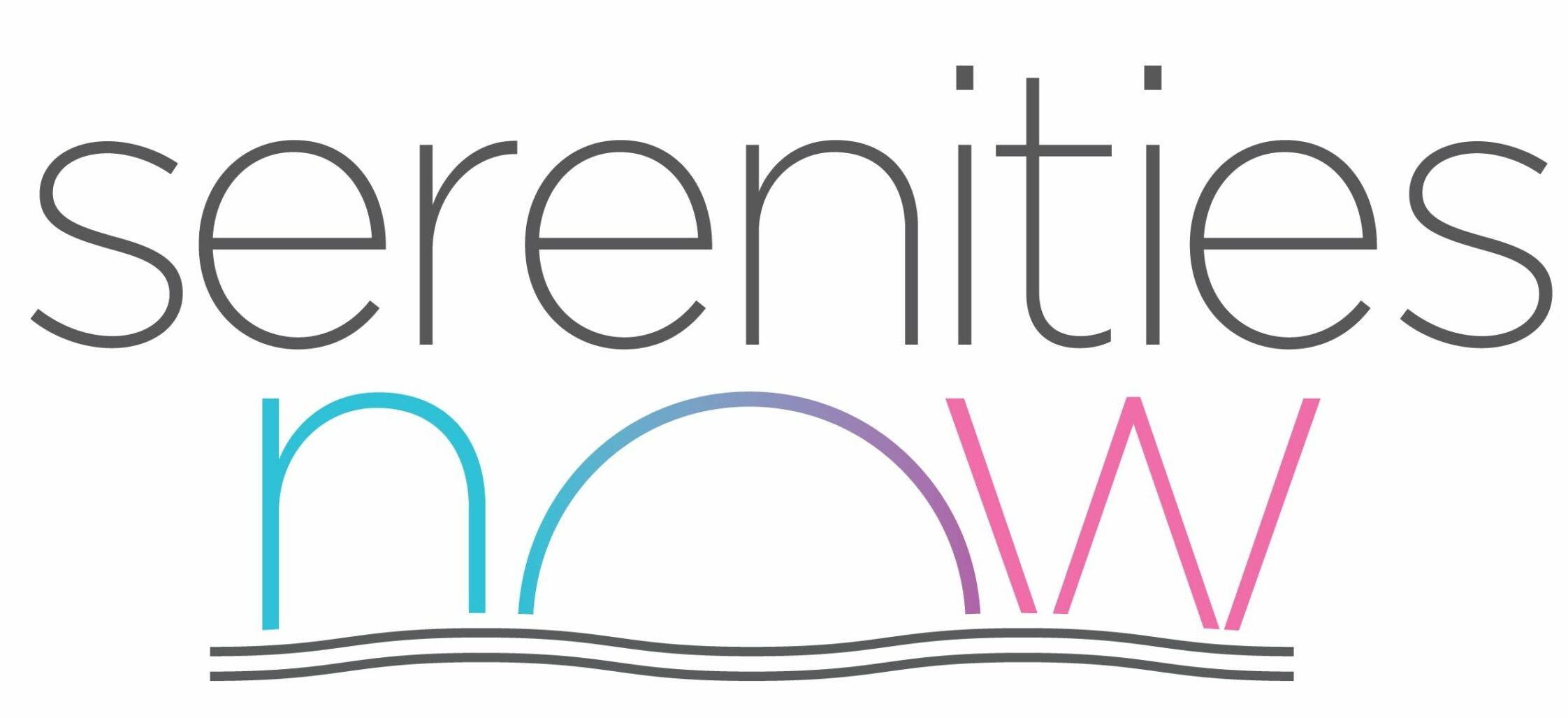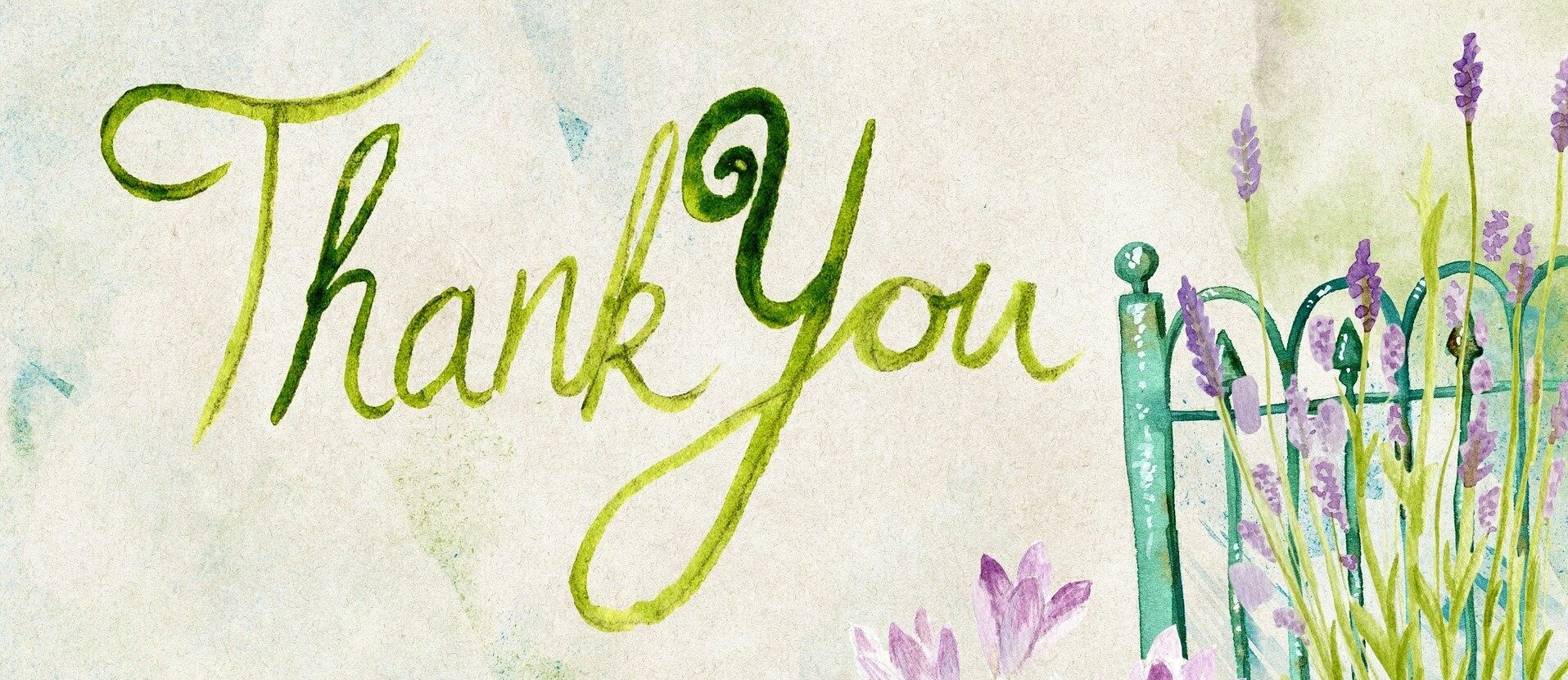Today I’d like to share a little more about gratitude. By implementing these small steps, you will have one more item in your toolbox for a peaceful, plentiful life.
The word gratitude comes from the Latin word gratus, which means “thankful, pleasing.” Therefore, in its most simple form, to be grateful is to be appreciative and thankful for what you have, see, and experience in life.
Use Gratitude to Create a Bounty of Positive Change in Your Life
Consistent gratitude is one of the most powerful tools that you can use to propel yourself into a brighter tomorrow. Gratitude isn’t a magical shortcut, though. It doesn’t necessarily create any changes outside of yourself. What it can do, however, is open you up to other opportunities.
As you become aware of the multitude of blessings already present in your life, you may begin to focus on abundance more and more. This can set you on a path to a mental state rich in optimism.
This transformation takes place as you begin to express genuine gratitude to others, and start feeling gratitude for everything in your life that brings you joy.
Become Receptive to Abundance

A great way to increase your awareness of the abundance you already have is to start a gratitude journal. You don’t have to wait for something great to come into your life to appreciate it. Instead, just open your notebook once a day and take a few minutes to write down at last three things you’re thankful for.
I like to write in my gratitude journal first thing in the morning because it starts my day off in such a positive way. Do what works best for you, but make it a daily practice. You don’t have to limit yourself to once a day, or to only three things – the more you write, the more you will see.
You can feel grateful for anything, big or small. On days when you think you have absolutely nothing to be appreciative for, you can prime the pump by taking stock of the little things. For instance, take note of the air you’re breathing or the food in your pantry.
Once you realize that there are so many things to be grateful for, you’ll find that you can think of more and more blessings in your life. After several weeks of journaling in this way, you may find that you’re spontaneously running into “good luck.”
Some New Age gurus will tell you that your new found luck is due to “positive vibrations.” I personally believe that you attract what your think about – and thinking about gratitude attracts more things for which you can be grateful. Others will tell you it probably has more to do with training your brain to spot opportunities. You’ve convinced your subconscious that you’re positively swimming in abundance. And why not? You deserve it!
Gratitude is a Tool
Gratitude can put you on the path to becoming a stronger person. Use gratitude proactively to arm yourself against negativity and tough times. Focus on what you do have as opposed to what you don’t have.
A study published in the Journal of Personality and Social Psychology entitled “Counting Blessings versus Burdens: An Experimental Investigation of Gratitude and Subjective Well-being in Daily Life” found that those who maintained a grateful attitude experienced greater physical and psychological well-being.
The study claims that daily gratitude increases self-esteem. It also reduces materialism, envy, and self-centered tendencies. Gratitude can also help you to form more meaningful relationships and generate social capital. People who consistently express gratitude are trusted more than those who don’t.
Still other studies suggest that as you cultivate gratitude, you’re more likely to grow in response to stress, instead of shrink.
The Research on Gratitude and Its Link with Love and Happiness
This study, by Heather Craig BPsySc (Honours), a provisional psychologist, Monash University, Melbourne, Victoria, featured on PositivePsychology.com shares:
“Eight Interesting Facts and Statistics on Gratitude
- “In a study of over 800 descriptive trait words, “grateful” was rated in the top four percent in terms of likeability (Watkins et al., 2003).
- “The Big 5 only accounted for approximately 30% of the variance in the disposition of gratitude (McCullough et al., 2002).
- “A 5-minute a day gratitude journal can increase your long-term wellbeing by more than 10% (Happier Human, 2018)
- “Keeping a gratitude journal caused participants to report:
- 16% fewer physical symptoms
- 19% more time exercising
- 10% less physical pain
- 8% more sleep, and
- 25% increased sleep quality (Happier Human, 2018)
- “A gratitude journal lowered depressive symptoms for 30% or more for as long as the practice was continued (Happier Human, 2018)
- “Patients with hypertension were instructed to count their blessings once a week. There was a significant decrease in their systolic BP (Happier Human, 2018).
- “A survey has found that over 90% of American teens and adults indicated that expressing gratitude made them “extremely happy” or “somewhat happy” (Wood et al., 2010).
- “In a relationship study over 2 weeks, out of 1768 daily reports, individuals indicated that their partner did something thoughtful for them 698 times and that they did something thoughtful for their partner 601 times (Algoe et al., 2010).”
By keeping the things you’re thankful for in your mind, you can reduce stress. When you deal with stressors more pro-actively, others will notice your new-found confidence.
All of these effects combine to create new opportunities in your life that you wouldn’t have noticed otherwise. So go ahead: start a gratitude journal, and let the stress melt off. Open yourself up to the possibility of abundance. You’ll be glad you did!
Find your purpose – find your joy!

